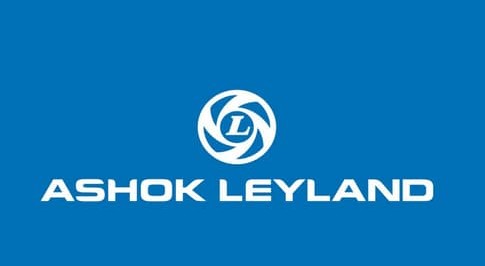Their business encompasses a comprehensive portfolio, including trucks, buses, light commercial vehicles, defense vehicles, and power solutions like industrial and marine engines. Ashok Leyland caters to diverse needs, from logistics and public transportation to specialized applications for the armed forces. They are recognized for their strong manufacturing capabilities with multiple plants in India and international locations like the UAE and the UK.
The company emphasizes innovation and sustainability, venturing into electric and alternative fuel vehicles. They also provide a wide range of services, including aftermarket support, telematics solutions, and vehicle financing, demonstrating a commitment to end-to-end customer solutions. Ashok Leyland has a substantial sales and service network across India, ensuring widespread reach and customer support.
Latest News on Ashok Leyland
Ashok Leyland has started handing over its AVTR 55T electric trucks to ASAT Logistics, as reported by Motorindia.
Ashok Leyland, a leading Indian commercial vehicle manufacturer, has commenced the delivery of 24 units of its AVTR 55T Electric trucks to ASAT Logistics Pvt Ltd, a prominent logistics partner for Shree Cement. This milestone reinforces the strategic alliance between the two companies and highlights Ashok Leyland’s commitment to sustainable mobility through innovative electric truck technology. The first batch of four trucks was handed over to ASAT Logistics, with the remaining 20 units to be delivered subsequently.
According to Sanjeev Kumar, President of MHCV at Ashok Leyland, the delivery of these electric trucks demonstrates the company’s focus on innovation, sustainability, and performance in the commercial vehicle sector. The partnership with ASAT Logistics reflects the growing confidence in Ashok Leyland’s electric mobility solutions and reinforces its position as a technology leader in the logistics ecosystem. Arvind Sarda, CEO of ASAT Logistics, expressed his trust in the quality and performance of Ashok Leyland trucks, stating that the company is committed to building a sustainable and eco-friendly transportation ecosystem.
The AVTR 55T Electric trucks feature advanced technology, including Lithium-ion battery technology with dual-gun charging, automatic transmission, telematics, and a comprehensive suite of Advanced Driver Assist Systems (ADAS) and safety features. These vehicles are designed to deliver maximum efficiency, sustainability, and advanced technology, ensuring the lowest cost of ownership. They are also fully compatible with industry-standard trailers and superstructures, enabling seamless fleet integration.
The delivery of these electric trucks marks a significant milestone in Ashok Leyland’s journey to transform commercial transportation. The company is committed to eco-friendly mobility and is driving the future of sustainable transport through cutting-edge technology. By reducing the carbon footprint of India’s logistics and mobility ecosystem, Ashok Leyland is playing a pivotal role in promoting sustainable development. With its innovative electric truck technology, the company is poised to make a significant impact on the commercial vehicle sector and contribute to a cleaner, more efficient, and sustainable future.
Stock Market Updates for Ashok Leyland
Recent Updates
No Results Found
The page you requested could not be found. Try refining your search, or use the navigation above to locate the post.
